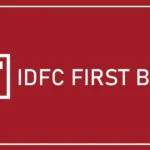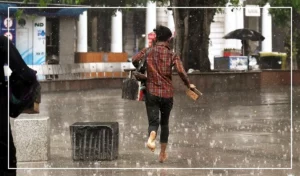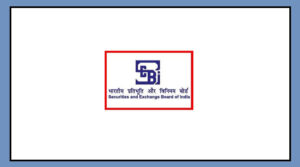Germany has significantly raised the annual visa quota for skilled Indian workers from 20,000 to 90,000, according to an announcement by Prime Minister Narendra Modi.
This development aligns with German Chancellor Olaf Scholz’s three-day visit to India.
At the 18th Asia-Pacific Conference of German Businessmen, Modi emphasized the collaborative potential between Germany
and India, stating, “The world’s two leading economies together can become a force for global good.
” He praised the new visa increase as a step forward in advancing strategic partnership and economic growth for Germany.
Agreement Under G20 Framework to Boost Workforce Mobility
The visa increase marks the first agreement under the G20 ‘Skills Based Migration Pathways’ framework established in New Delhi last year.
This initiative aims to expand Indian workforce movement into sectors such as teaching, nursing, and manufacturing.
A recent report by Business Standard highlighted that around 1,37,000 skilled Indian workers have already taken up roles in Germany as demand for skilled labor has risen.
Germany’s declining working-age population and shortage in tech skills have created a need for a skilled foreign workforce.
In the first half of 2024 alone, Germany issued 80,000 working visas, half of which were for skilled professionals.
According to the German Economic Institute, 5,70,000 job positions were left unfilled in 2023, underscoring the demand for talent.
Growing Indian Presence in Germany Across Work and Education
The Ministry of External Affairs reported that by May 2024, Germany was home to 2.8 lakh Non-Resident Indians (NRIs), including 52,864 persons of Indian origin.
Indian students are also a prominent group in German universities, with 49,483 students enrolled in the 2023-24 winter session.
However, there are approximately 5,000 Indians living there illegally, as noted by the German government in December 2022.
During Chancellor Scholz’s visit, he and Prime Minister Modi co-chaired the 7th Intergovernmental Consultations.
The meeting resulted in agreements on green urban mobility, research in advanced materials, and skill development.
Discussions also covered areas like enhanced defense cooperation, security, talent movement, and economic ties.
Following his engagements in Delhi, Scholz is set to visit Goa, where he will welcome two German naval ships—the frigate Baden-Württemberg
and the auxiliary ship Frankfurt am Main. This visit marks Scholz’s third to India since taking office in 2021, following his participation in the G20 summit in 2023.

























